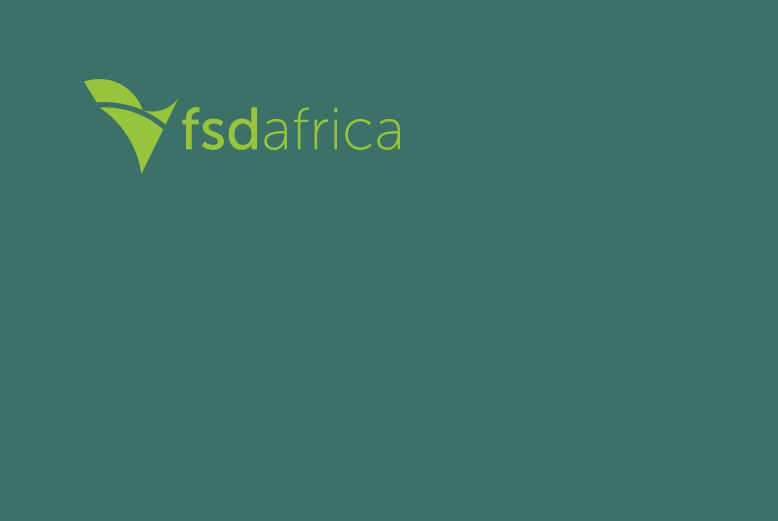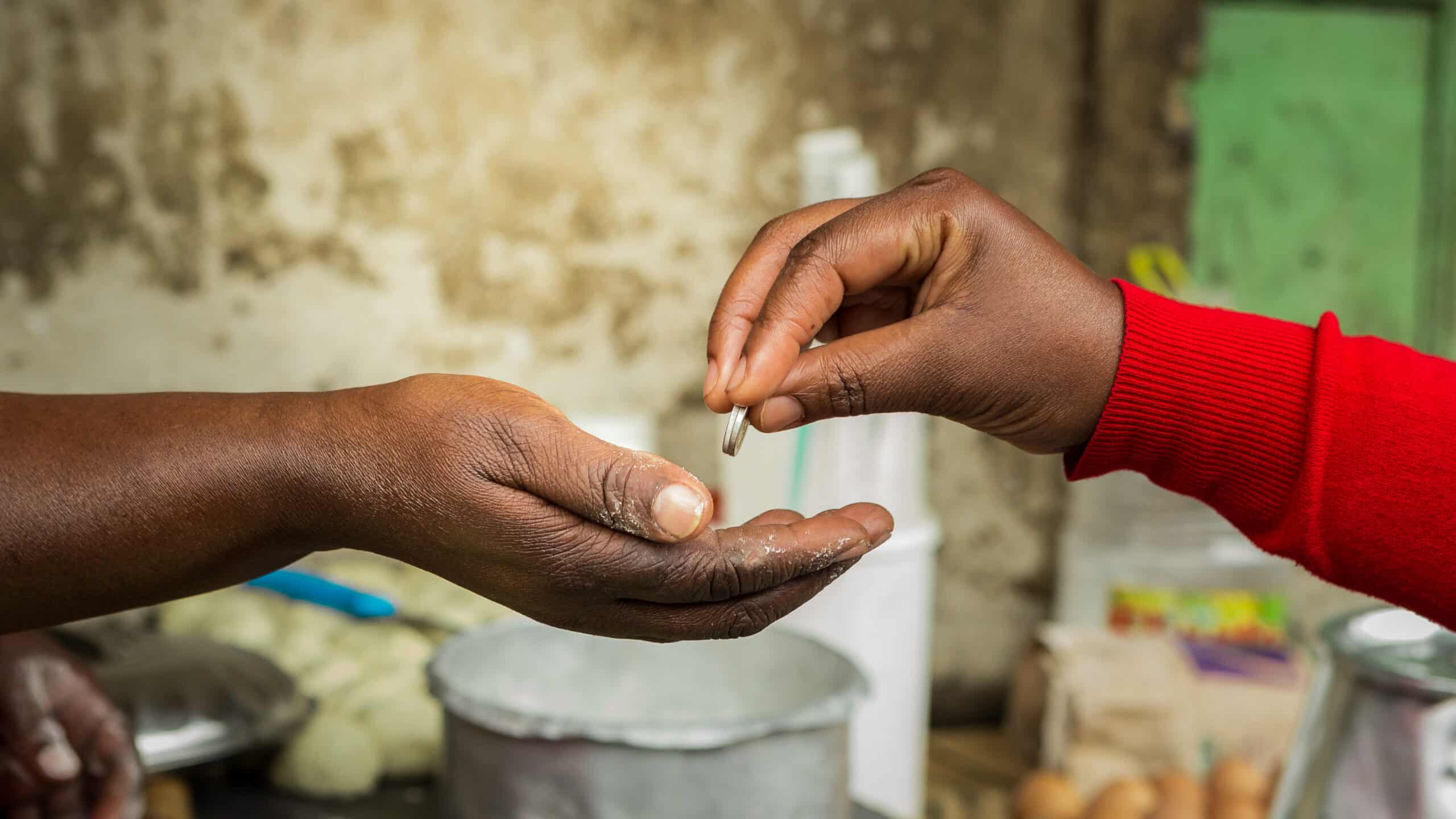Nairobi, Friday 31st March 2017 – The Kenya Bankers Association (KBA), Nairobi Securities Exchange (NSE), Climate Bonds Initiative (CBI) and Financial Sector Deepening Africa (FSD Africa) in conjunction with the FMO – Dutch Development Bank and the International Finance Corporation (IFC) have today launched the Kenya’s Green Bond programme. The programme, which is coordinated by KBA under its Sustainable Finance Initiative (SFI), is endorsed by the Central Bank of Kenya (CBK), Capital Markets Authority (CMA) and the National Treasury.
During the launch, KBA, the NSE, CBI and FSD Africa signed a Cooperation Agreement to support the development of a green bonds market in Kenya. FSD Africa has committed USD 600,000 over a period of three years, to fund the programme with the objective of aiding Kenyan banks and corporates to be in a position to tap the growing investor demand for green investments.
Through the partnership and funding from FSD Africa, a technical support programme will be implemented that will enable the partners to develop a pipeline of potential bond issuers and support demonstration green bond issuance from leading banks and corporates in Kenya. In addition, it will enable the development of a community of Kenyan-based licensed verifiers and support KBA’s efforts in building capacity locally to catalyze similar programmes across East Africa. In addition to the FSD Africa funding, FMO had earlier committed USD 350,000 to support KBA develop the framework to create the industry’s first pooled gbond facility. The facility that would allow KBA member banks, especially Tier 2 and Tier 3 banks, and corporates to take advantage of wholesale debt capital markets.
The launch of the Kenya Green Bond Programme comes at a time when African countries are gaining momentum to align with the burgeoning activity within the green finance space. Kenya, Nigeria, Morocco, Egypt and South Africa are among countries that have made strides to establish standards, harmonize public and private sector efforts as well as build capacity within the green economy. Globally, based on the 5th annual State of the Market Report by HSBC and detailed by CBI in a recent 2016 report, $694 billion is said to be climate aligned bonds. Out of the $694 billion, $ 118 billion are labelled as green bonds. A green bond label, enables investors to identify climate aligned investments and thus reduce friction in the market, which will in turn facilitate growth in climate aligned investments.
During the launch, the CEO of KBA, Habl Olaka said: “We are very pleased and excited to announce this partnership. This alliance has given us the opportunity to work closely together as a sector in developing Kenya’s green finance market through the green bond programme. One of KBA’s main objectives is to develop and sustain best practices that will inevitably strengthen financial structures in Kenya. FSD Africa, FMO, IFC, CBI and the NSE have all focused over the years on growing sustainable finance practices in the financial sector and this strongly complements our objective.”
The Chief Executive of NSE, Geoffrey Odundo noted: “The Exchange is committed to developing a vibrant green market for this region; we aim to create an environment that will allow the market to prosper in a secure and transparent way. Through the NSE, issuers and investors will have a platform where they can come together and fulfil their green objectives. The Kenya Green Bond Programme is an innovative tool that will promote economic and climate resiliencyntry.”
Ahead of the signing ceremony, the Director, FSD Africa, Mark Napier said: “It is expected that this programme will improve access to a complementary source of longer-term capital alongside traditional, shorter term bank loans, while contributing to the financing of ‘green’ investments and improving the environment. It will further support the national agenda that seeks to reinforce Kenya’s role as a regional leader in financial services as articulated by Vision 2030 and Kenya’s Green Economy Strategy and Implementation Plan (GESIP).”
In agreement, Sean Kidney, CEO of Climate Bonds Initiative also said: “We are very excited to be able to work with our partners to grow a green bonds market in Kenya. This is going to be part of delivering lower cost capital to green projects, and developing capital markets in Kenya. In this year of sovereign green bonds Kenya is taking action and issuing will enhance its leadership positioning in Africa and provide a positive example to other nations loe finance options.”
Ends.
Note to editors
About Kenya Bankers Association
KBA (www.kba.co.ke) was founded on 16th July 1962. Today, KBA is the financial sector’s leading advocacy group and banking industry umbrella body that represents total assets in excess of USD 37 billion. KBA has evolved and broadened its function to include advocacy on behalf of the banking industry, and championing financial sector development through strategic projects such as the launch of the industry’s first P2P digital payments platform PesaLink. In line with the Government’s policy on public-private partnerships, KBA and Central Bank of Kenya have implemented key projects such as modernization of the National Payments System through the Automated Clearing House, implementing the Real Time Gross Settlement System (RTGS), and the Kenya Credit Information Sharing Initiative. The KBA members are comprised of commercial banks and deposit taking microfinance banksg>Nairobi Securities Exchange (NSE)
The NSE is a company established under the Companies Act, Cap 486 of the Laws of Kenya (as amended) and is licensed by the Capital Markets Authority to promote, develop, support and carry on the business of a securities and derivatives exchange and to discharge all the functions of a securities and derivatives exchange under the applicable Laws of the Republic of Kenya.
About the Climate Change Initiative (CBI)
The CBI is a private company limited by guarantee, established under the Companies Act 2006 of the United Kingdom and registered as a charity in England and Wales, and mandated to work for the preservation and conservation of the environment for the public benefit.
About FSD Africa
FSD Africa is a non-profit company which aims to increase prosperity, create jobs and reduce poverty by bringing about a transformation in financial markets in SSA and in the economies, they serve. It provides know-how and capital to champions of change whose ideas, influence and actions will make finance more useful to African businesses and households. It is funded by the UK aid from the UK Government
For more information about FSD Africa’s activities and current updates follow our social media platforms:
Twitter: @FSDAfrica
Linkedin: Financial Sector Deepening Africa (FSD Africa)
Website: www.fsdafrica.org
Email: evans@fsdafrica.org
For media enquiries please contact:
Financial Sector Deepening Africa (FSD Africa)
Lara Cornaro
Head of Communications
lara@fsdafrica.org
Kenya Bankers Association
Nuru Mugambi
Director of Communications and Public Affairs
Phone: +254-20-2221704/2224014
Email: nmugambi@kba.co.ke
Nairobi Securities Exchange Ltd.
Waithera Mwai-Ireri
Head of Brand and Corporate Affairs
Tel: +254 (020) 283 1000
Email: wmwai@nse.co.ke
Website: www.nse.co.ke
Climate Bonds Initiative
Andrew Whiley
Communications Manager
Phone: +44 (0) 7506 270 943
Email: andrew.whiley@climatebonds.n

